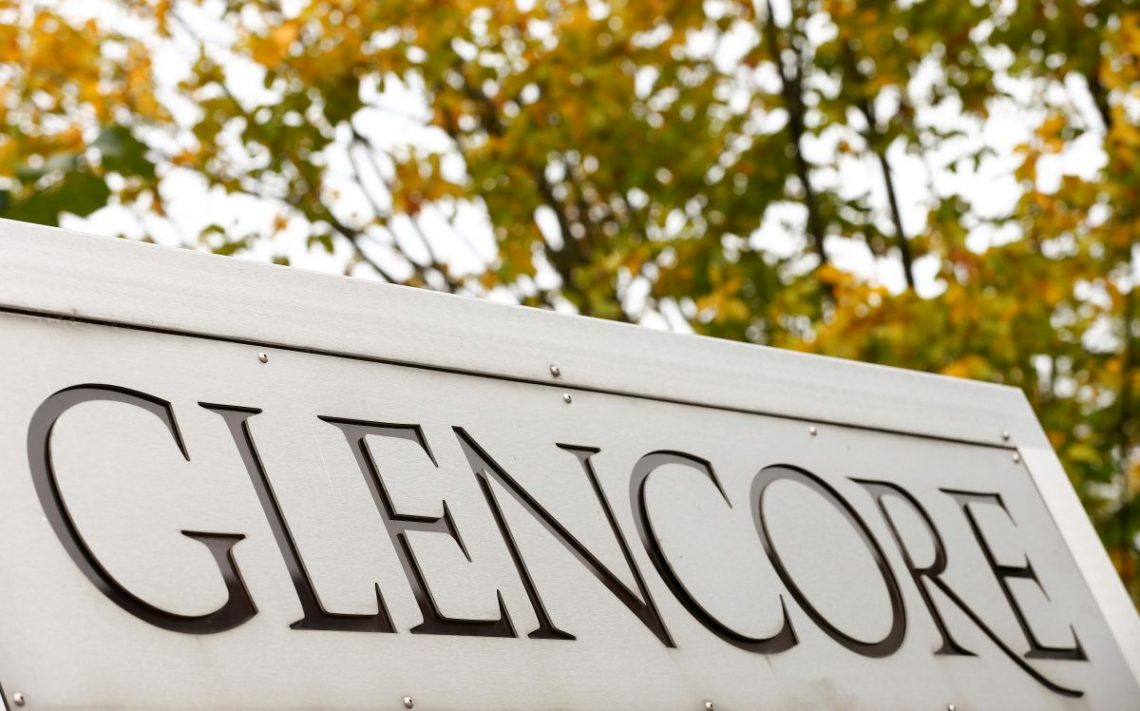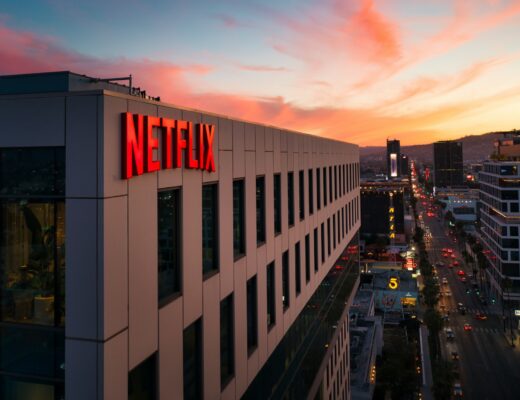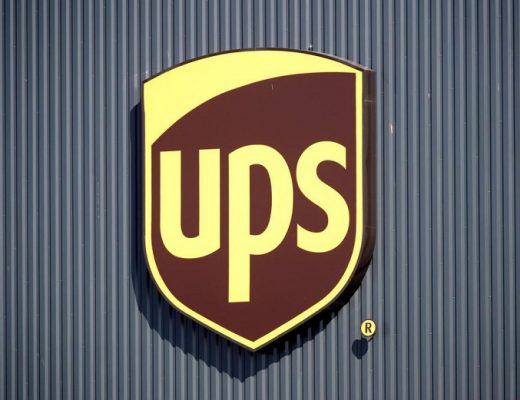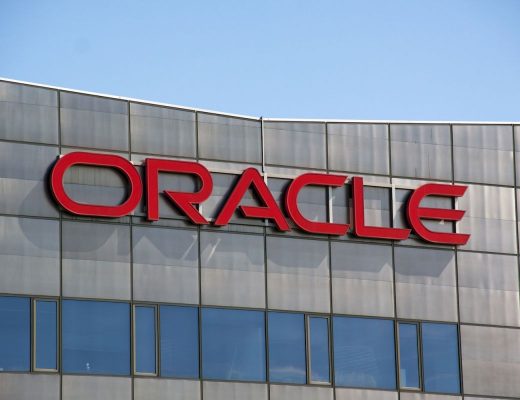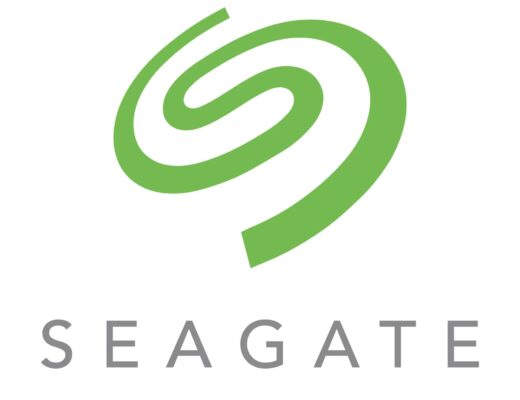History of Glencore International and its organization
Glencore International AG is a trading corporation from Switzerland, which is one of the world’s largest suppliers of energy raw materials and rare earth materials. In 2006, it was the 6th largest European company by turnover. In 2017 Glencore International became one of the market leaders in Russia.
Earlier the company was called Marc Rich + Co and its history began in 1974 in a small Swiss town. The firm was founded by US businessmen Marc Rich and his partner Pincus Green.
The main principles of the new company were high-risk deals and aggressive policy towards other market players. Details of the activity were carefully hidden. Marc Rich + Co traded oil from Iran, but did so in circumvention of the US embargo. The company also bought nickel and gold in Cuba and supplied raw materials to Libya and South Africa, although the countries were harshly criticized and under sanctions at the time. Many Marc Rich + Co operations were conducted through numerous offshore firms.
In 1983, Rich and Green were arrested on numerous charges, including huge amounts of unpaid taxes, and had to flee the States. Rich adopted Spanish citizenship and Green left for Bolivia, but they continued their not always legal activities.
Between 1989 and 1993, the company was the main buyer of raw materials from the USSR and then Russia. In 1993 Mark Rich resigned because his problems with American justice limited the development of his business, and a year later top managers bought back a stake in his shares. After that the company changed its name to Glencore International and opened a representative office in the USA.
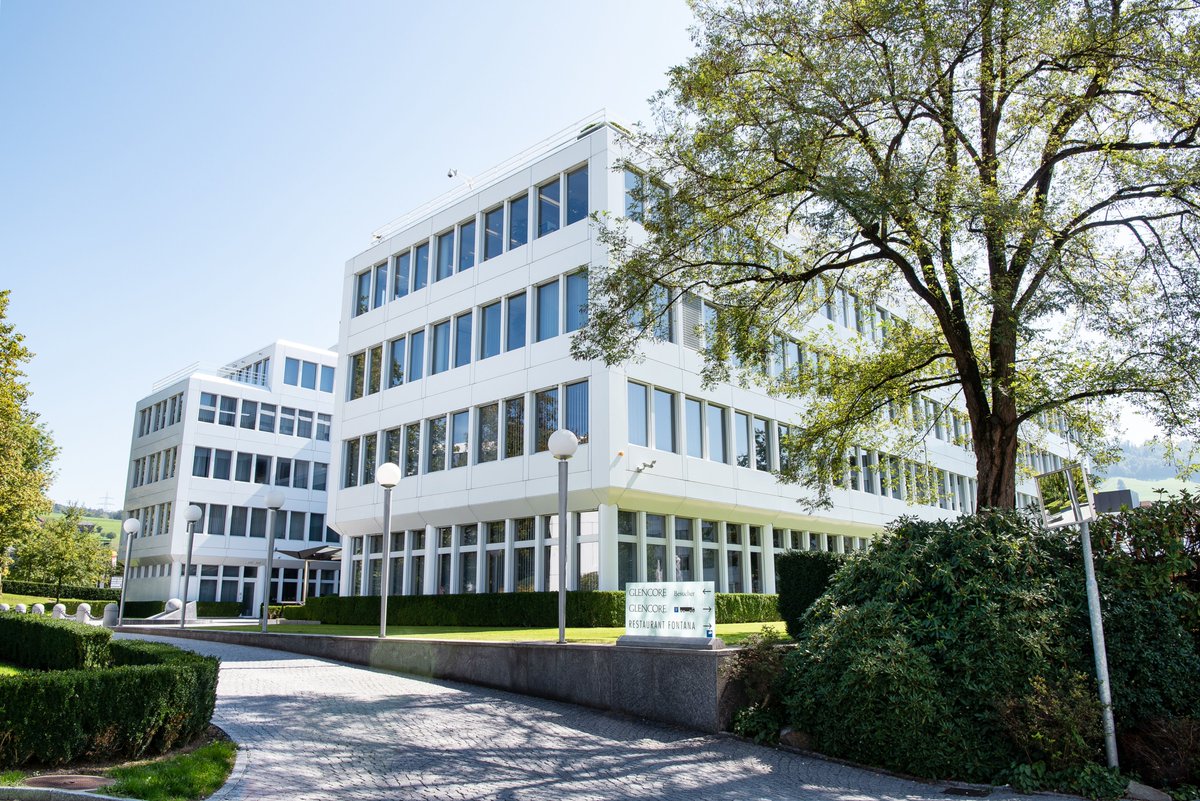
In 2002, the management was renewed, which benefited Glencore International. The corporation was able to combine all areas into one structure: mining, production, trade and marketing. The data submitted for IPO showed that the company owns about 60% of the world zinc market, more than 30% of thermal coal, 50% of copper and 38% of aluminum.
In 2016, Glencore bought out 19.5% of Rosneft, which is considered a state owned company.
The management of Glencore manages various areas from different offices. The Swiss representative office carries out metal transactions and is responsible for financial operations. In London they deal with oil and sugar, while in Rotterdam they conclude contracts for the purchase and sale of grain. The company’s main sources of income are independent traders, each of whom has the right of signature and can dispose of certain resources. Glencore International has about 300 employees of this kind.
